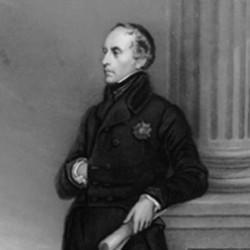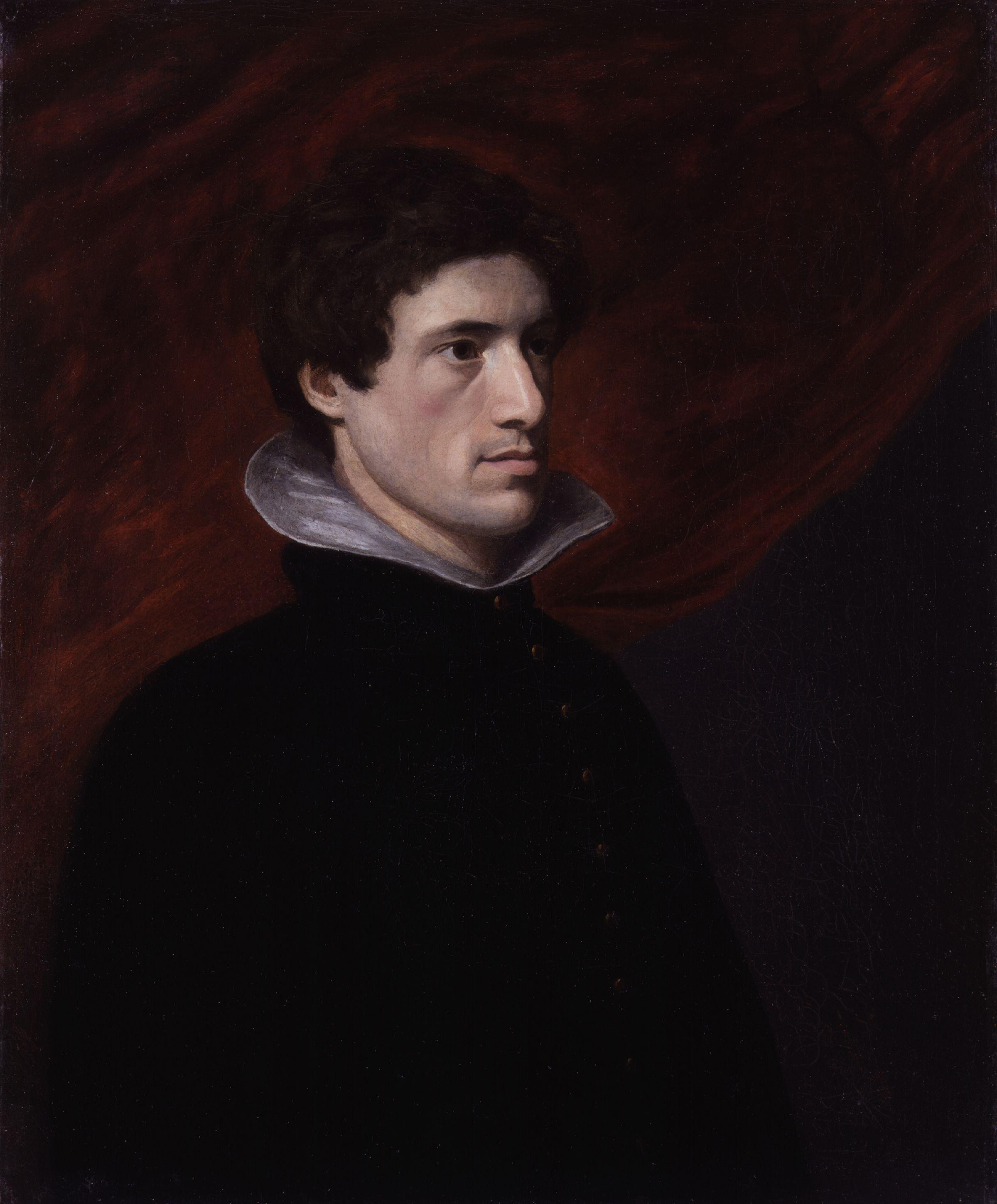For Neoclassics Shakespeare failed: "to keep levity and gravity 'properly' separate, interspersing in the course of their tragic action scenes of a primarily comic nature."
Guizot held very different views
Guizot: "Shakspeare's works...must be separated into the fantastic and the real, the romance and the world."
"...comic element is introduced whenever its character of reality gives it the right of admission"

The fool is an example of the grotesque which is "one of the supreme beauties of the drama"
"[They] inject laughter, sometimes horror into tragedy... Sometimes it may without producing a discordant note, as in the scene between King Lear and his fool, mingle its shrill voice with the most sublime, the most melancholy, the dreamiest music of the soul."
"introduction of horror into tragedy"
Coleridge
Comic relief not the purpose of mixing modes.
"Use characters [such as the fool] with terrible effects...aggravating the agony of some of his most distressing scenes... heightens colouring of some of the most painful situations"
Fool is able to heighten and inflame the passion of the scene
For the fool "Shakespeare had a loftier... purpose, and... availed himself of resources, which, it woud almost seem, he alone possessed."
"Accordingly, he is prepared for - brought into living connection with the pathos of the play, with the sufferings."
Charles Lamb
"painful and disgusting.... That is all the feeling which the acting of Lear ever produced in me."
"mimic the storm... inadequate to represent the horrors of the real elements"
"The greatness of Lear is not in corporal dimension, but in intellectual: the explosions of his passion are terrible as a volcano: they are storms turning up and disclosing to the bottom that sea, his mind with all its vast riches. It is his mind which is laid bare."

"On the stage we see nothing but corporal infirmities and weakness"
"we discover a mighty irregular power of reasoning"
"Lear is essentially impossible to be represented on a stage."
Random Critic
"Lamb wants to read King Lear as we read poetry... which is private, singular and individual"
"Lamb employs separation into his essay between the body and the soul"
"Reading Shakespeare's texts allows one to commune with the 'heart and soul of man', with the play or hearing it recited appeals only to the 'eye and ear' and hence forbids you this communion."
"...reading is a slower, more contemplative experience"

"...only in reading that we cannot only encounter real passion but examine 'the motives and the grounds' of those passions."
"passion is an interior phenomenon...it is the ultimate objective of great literature to communicate"
"renders him blind to some of the more 'performative' aspects... Shakespare can play, within his texts, with the circumstances of theatrical performace."
"Neo-Classicism insofar as KL was concerned was melodrama"
Johann Herder
"they create and destroy one another so that the intention of their creator, who seems to have put them together according to a crazy and disorderly plan, may be fulfilled- dark little symbols that form the silhouette of a divine theodicy."
"the very first scene already bears within its seed the harvest of his fate in the dark future."
"the lowest of the low.. And now we see him as he is, in all the light-yoked majesty of the poor abandoned wretch; and now restored to himself, illuminated by the last rays of hope only for them to be extinguished for ever!"

"it is not merely a story...but draw nearer and feel too the human spirit which integrated every person and age and character, down to the smallest secondary thing, into the picture."
"the pagan philosophy of fate and the stars which reigns througout all belong so essentially to the whole that could change nothing, move nothing, not transfer parts from other plays, or to other plays. And that is not a drama?
Charles Dickens
"Mr Tate.. disgusting version.. was adopted successfully by Boheme, Quin, Booth, Garrick..."
"The fool in the tragedy of Lear is one of the most wonderful creations of Shakespeare's genius"
"The picture of his quick and pregnant sarcasm, of his loving devotion of his acute sensibility, of his despairing mirth, of his heartbroken silence- contrasted with the rigid sublimity of Lear's suffering- is the noblest thought that ever entered into the heart and mind of man."

"The fool in Lear is solitary instance of such a character, in all the writings of Shakespeare, being identified with the pathos and passion of the scene. He is interwoven with Lear, he is the link that still associates him with Cordelia's love, and the presence of the legal estate he has surrended."
"Can there be a doubt, after this, that his love for the Fool is associated with Cordelia."
"are we not even then prepared for the sublime pathos of the close, when Lear bending over the dead body of all he had left to love upon earth, connects with her the memory of that other gentle faithful, and loving being who had passed from his side
"in that moment of final agony, the two hearts had been broken in his service"
Anthony Sher
"The Fool's speeches may seem obscure but he knows what he means. He's the one speaking the truth- he speaks Truth to Power."
"Masks are very liberating... have new access to your courage and emotions."
"I scrunched up the Fool and gave him inward-twisting legs."

"My tuneless chanting became part of this particular Fool's style, part of his anarchy."
"The role of the Fool only works in relation to Lear. The Fool is the King's sidekick his whipping boy, his pet, his shadow."
"Then with the onset of madness and the arrival of a darker soulmate- Lear lose interest in his Fool."
"Lear began stabbing a pillow that the Fool was holding... he never even noticed that he'd delivered a mortal blow... after that scene the Fool vanishes completely."

